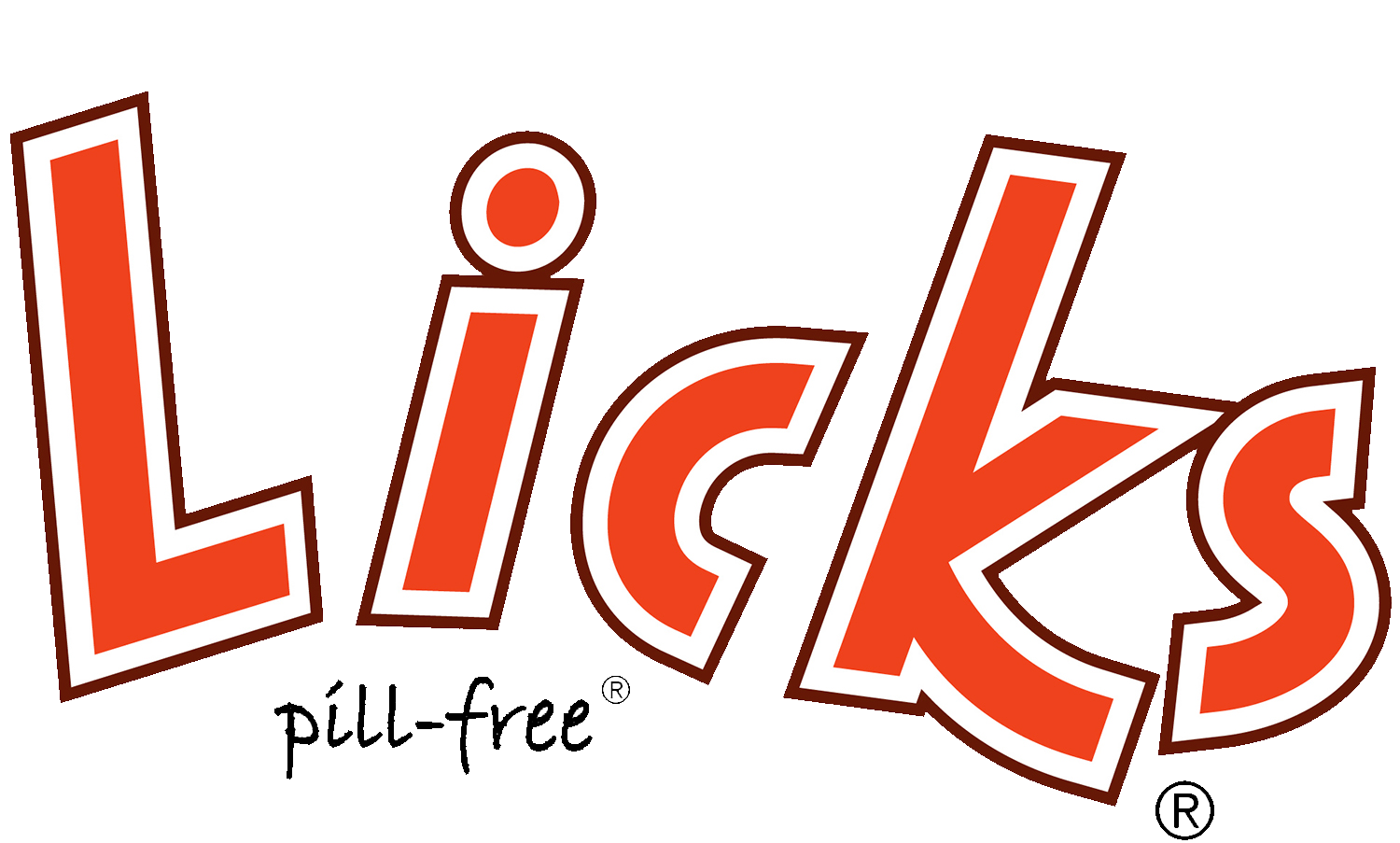August is National Immunization Awareness Month
What some people may not realize, is that vaccinations can help save pets lives! This Immunization Month, we answer common questions about pet vaccines and why they are crucial to your pet’s health.
What Do Vaccines Do?
Vaccines are products designed to trigger protective immune responses and prepare the immune system to fight future infections from disease-causing agents. Vaccines stimulate the immune system's production of antibodies that identify and destroy disease-causing organisms that enter the body. (2)
Giving your pet the proper immunizations can prevent serious diseases, such as distemper, hepatitis, rabies, parvo virus, rhinotracheitis, and calivirus. In addition to your pet contracting these diseases, some of these can be transferred from your pet to the humans in your family. (1)
Which Vaccines Should You Give Your Pet?
It’s different for each individual animal, however there are “core vaccines” (diseases that are easily transferable to humans or fatal to animals) that every cat or every dog should get. (1)
Your veterinarian will consider your pet's risk of exposure to a variety of preventable diseases in order to customize a vaccination program for optimal protection throughout your pet's life. (2)
How Often Should I Vaccinate My Pet?
According to the American Association of Feline Practicioners, cats should be given immunizations, every three years, for core diseases such as:
• Rhinotracheitis
• Calivirus
• Rabies
• distemper
Dogs should be given immunizations for core diseases every one to three years:
• distemper
• rabies
• adenovirus
• Bordetella (parvovirus)
(1)
Your veterinarian will determine a vaccination schedule that's appropriate for your pet.(2)
Are there Side Effects To Vaccinations?
It is common for pets to experience some of the following mild side effects after receiving a vaccine, usually starting within hours of the vaccination-
Mild fever
Decreased appetite and activity
Sneezing, mild coughing, "snotty nose" or other respiratory signs may occur 2-5 days after your pet receives an intranasal vaccine
Discomfort and local swelling at the vaccination site
Always inform your veterinarian if your pet has had prior reactions to any vaccine or medication. If in doubt, wait for 30-60 minutes following vaccination before taking your pet home.
In addition to vaccinations for cats, LICKS Immunity formula is a disease fighting formula supports respiratory health, contains immune enhancing effects, and assists the immune system overall.
For Dogs and Cats, LICKS Multivitamin formula supports physical and mental well-being and provides vitamin and mineral support to help reduce the risk of sickness.




